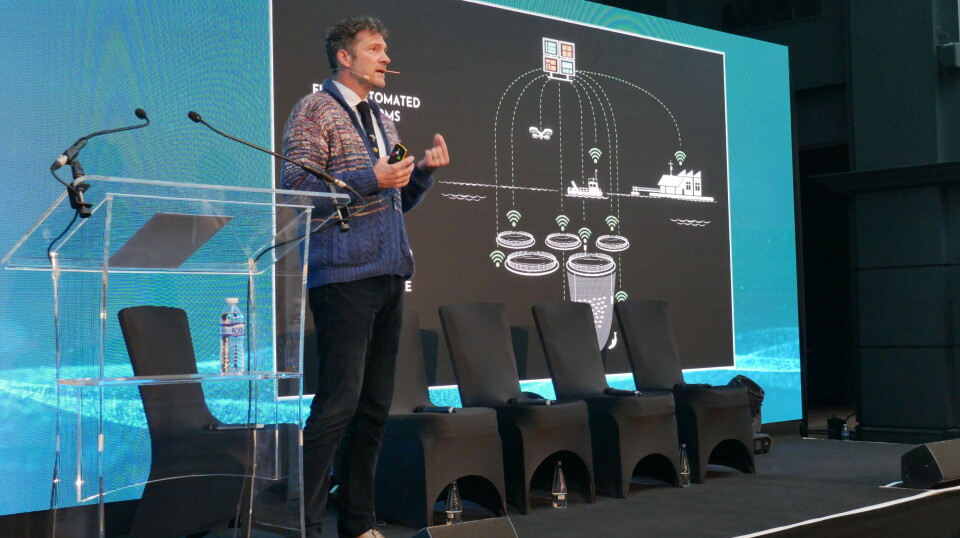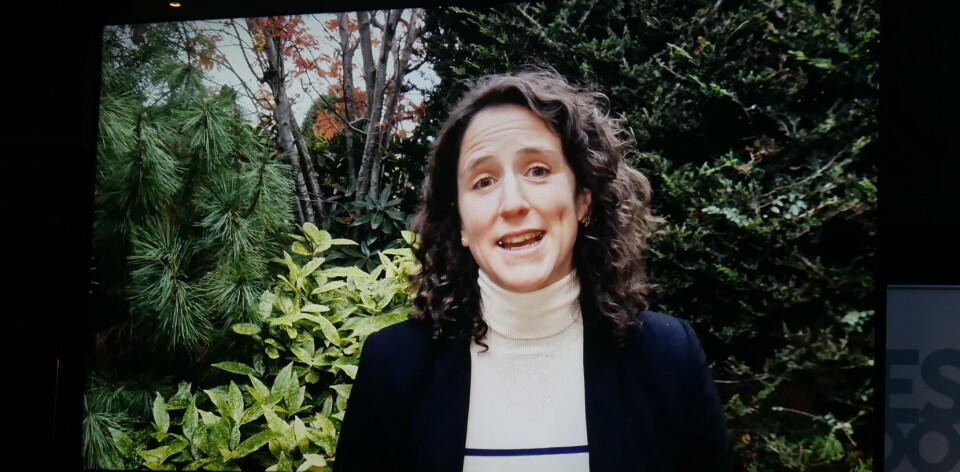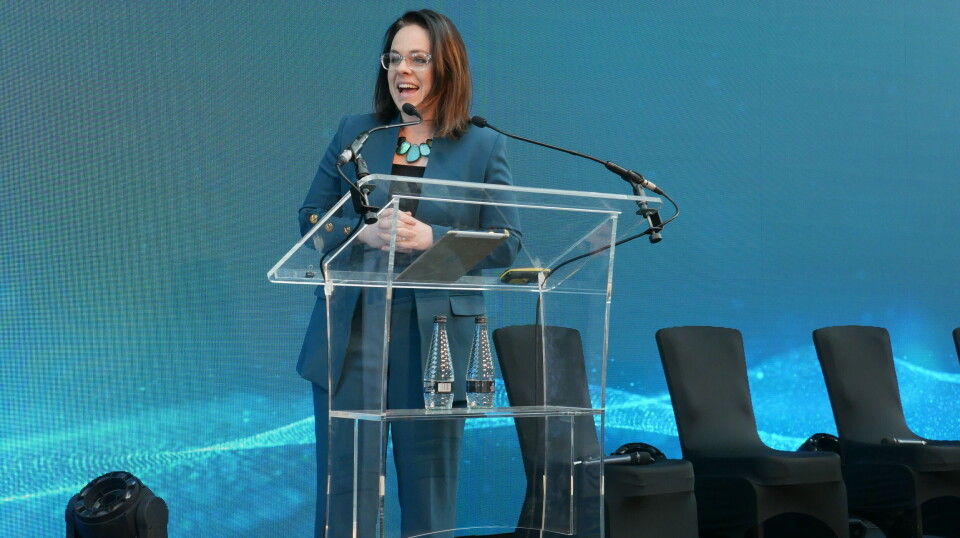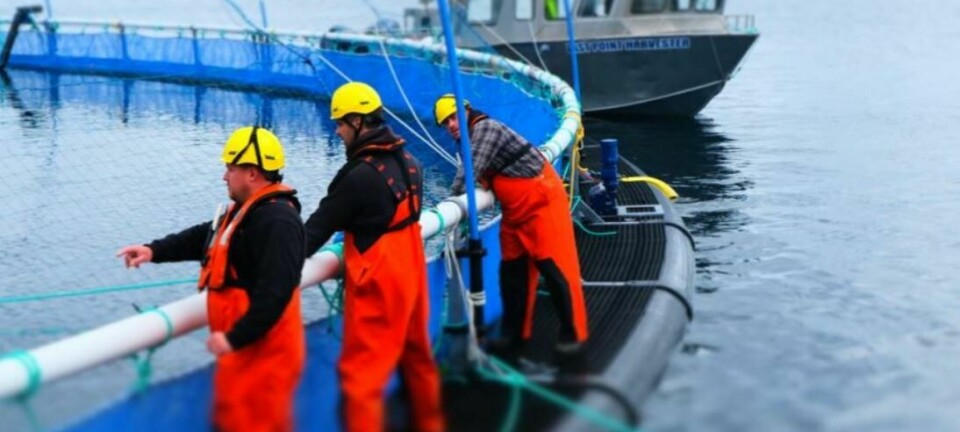
Scotland hosts GSA summit for first time
The first Global Seafood Alliance summit to be held in Scotland began today at the Fairmont Hotel, St Andrews with a recorded video message from the Scottish Government’s Rural Affairs Secretary, Mairi Gougeon.
“As a government we have been committed to supporting this work because is so important here,” said the minister, who stressed the value of knowledge exchange.
GSA chief executive Mike Kocsis highlighted the need for the seafood sector to look at being both bigger and better, both of which required sustainable growth, collaboration, and thinking differently.

Keynote speaker Chris van der Kuyl, chairman of 4J Innovation and fish farming technology developer Ace Aquatec, then talked about the potential for artificial intelligence to improve both profitability and production in aquaculture.
“We live in a time of the fastest pace of change in human history yet it will never be this slow again,” said Van der Kuyl, who added that the number of silicone chips in use was doubling every year, and that the future promised even faster innovation.
“Aquaculture is going to feed a growing population. AI-powered aquaculture represents a significant investment opportunity.”
Digitisation
In a panel discussion following his presentation, Eric Enno Tamm, chief executive and founder of seafood industry software company ThisFish Inc, said that while many companies might not yet be ready to embrace AI, they must take the first step of digitisation.
“The fuel for AI is data and if you don’t have that you will be years behind your competitors.”
Later, the Sustainable Seafood Summit heard from Gorjan Nikolik, seafood analyst at the world’s largest aquaculture lender, Rabobank, who presented an overview of farmed fish production.
Chile catching up
There was good news from Norway, where the salmon sector has returned to growth, but Chile’s sector has yet to catch up with the volume produced in 2020.
“Chile will not surpass 2020 supply, even in 2026, based on biomass in the water,” said Nikolik.
Scotland’s production is expected to be 15% higher this year after two years of low volumes, while Iceland’s volume is up 24% and is one the countries to watch in the next five years. Canada’s output is flat.

Later, Scotland's Deputy First Minister Kate Forbes reiterated the Scottish Government's support for aquaculture. "We are incredibly proud of the work that the industry has done and is doing to put its seafood right at the heart of the Scottish economy," said Forbes.
The summit, co-organised by Seafood Scotland, continues with presentations today and tomorrow, and culminates with field trips on Thursday.






















































